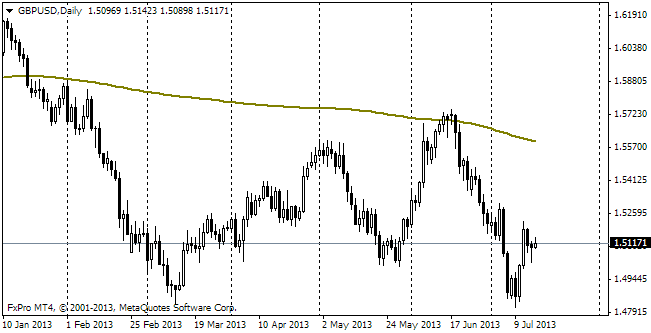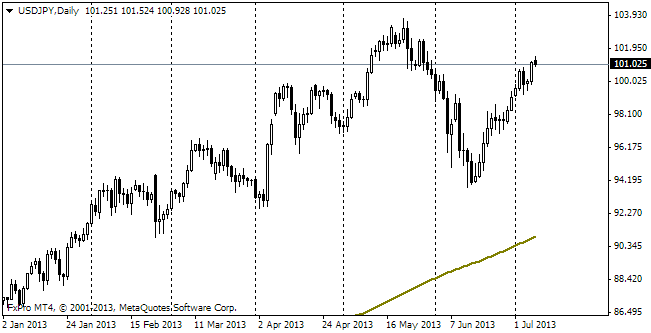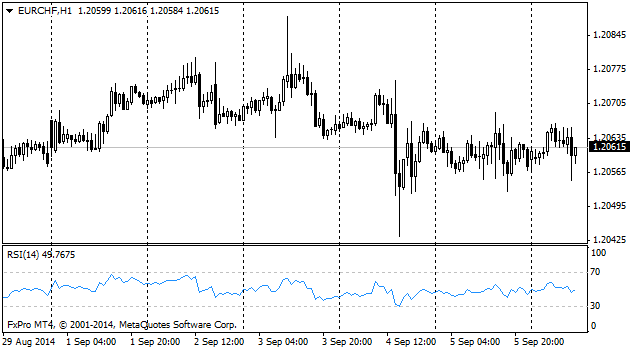EUR/usd
All day long yesterday the single currency was taking painful attempts to recover after the mess made by fomc's intention to introduce a tougher monetary policy than expected. It also must have been to the advantage of the single currency that the demand at the TLTRO auction , which the ECG conducted for the first time, proved to be lower than forecasted. The analysts, surveyed by Bloomberg, expected bids for approximately €175bln, while the actual demand proved to be twice as low, making 82.6bln. It means that banks don't hurry to make 4-year loans at quite a low interest rate of 0.15%. And it implies that they expect lower rates. There can be another reason – they simply may be short of assets in security for new loans. But in theory this problem can be solved by return of the previous loans, received at a higher rate. Thus, yesterday's low demand for the ECB's loans signals that the EU financial market is relatively healthy. In the meantime, the US economy (which is more important) feels quite good. The weekly unemployment claims fell to 280K last week. The downtrend is also still observed with continuing claims. The statistics on building permits and housing starts proved to be disappointing, -5.6% and -14.1% respectively. Though upon the whole both these indicators are moving flat, in terms of the market. So the August decline doesn't pose any serious threat – in June the situation was about the same.
GBP/USD
The British pound is growing on the first news regarding the vote on Scotland's independence. Now, advocates of the unity with the UK make a greater majority than reported by last and this weeks' surveys. The cable has jumped up to 1.65 and hit a fresh two-year high against the euro. When the major risky event is behind, we can recall the favourable employment statistics released two days ago and yesterday's retail sales, which also were quite good. Though the growth by 4.5% y/y with auto fuel excluded didn't meet the forecasts, it still demonstrates clear growth of the demand. The reason for more sluggish growth in the retail sales with auto fuel (by 3.9%) for the most part is in the significant decline of commodity prices recently. But no one cancelled the dollar's uptrend, so the initial upsurge will be apparently followed by decline.

USD/JPY
The good news from Britain helps not only the pound, but also stock exchanges, which in its turn affects the rate of usdjpy. The bears' attempts to arrange something which would at least look like correction failed. Today the pair has grown to 109.40. This way it will reach the target of ¥110 already this month instead of the end of the year. But further fluctuations of the pair can hardly be predicted as besides USD's uptrend (spurring growth) it will have to deal with the growing cautiousness of the Japanese politicians. The country's Economic Development Minister has mentioned today that too sharp fluctuations of the rate are negative for business.

EUR/CHF
We were right about yesterday's fluctuations of the Swiss franc, staking on the SNB's irresolution. Though the bank announced that it was geared up to take further steps to reduce deflation risks, it still didn't introduce negative interest rates as expected by many, despite the lowered inflation forecasts. In this connection EURCHF tumbled down by 50pips to 1.2060. The pair is consolidating now there and also runs the risk of going up again. But this will be already actions of speculators and the SNB, protecting the franc's ceiling of 1.20.
